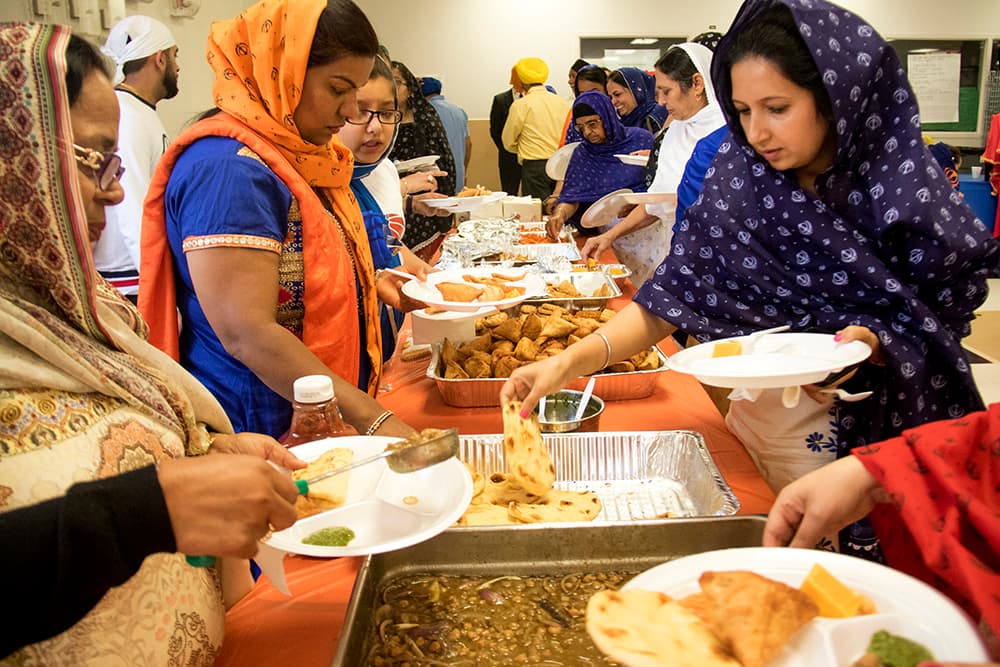
Denver Mayor Michael Hancock unveiled this week the city's big picture plan for addressing food insecurity and sustainability over the next 13 years.
The new Denver Food Vision plan calls for adding more than 300 new community and school gardens, reducing food waste by 6,800 tons per year and cutting the number of households struggling with food security by 55 percent by 2030.
Denver is expected to release its near-term strategy for accomplishing those goals later this year, according to the Denver Food System Development Division.
The Denver Food Vision lays out a dozen key priorities for making Denver, as Hancock put it, "more inclusive, healthy, vibrant and resilient for current and future generations."
"Numerous low- to moderate-income neighborhoods lack convenient access to grocery stores. And as housing costs have escalated, the family food budget is often cut first and the most deeply," Hancock writes in the plan.
"Nearly 1 in 5 children suffer from food insecurity and hunger, and an astounding one-third of families eat less than one serving of fruits and vegetables per day, contributing to poor health."
The city received more than 6,000 comments from 1,052 residents and businesses around food insecurity and stability while developing the Denver Food Vision. The final version directs the city where to invest its resources going forward, said Blake Angelo, manager of the Denver Food System Development Division.
"Having a healthy food system impacts every aspect of one's life, including the availability of what they're able to eat and the location and geography of their produce," said Gabriella Warner, a program director for Livewell Colorado.
LiveWell is a Denver-based nonprofit focused on healthy eating and active living. The organization hosted community events and industry focus groups for the plan and is also listed as a sponsor of the document.
Warner and her colleague Wendy Peters Moschetti, who heads up work around food systems for LiveWell, both said they were happy with the strategies outlined in the food vision plan.
"The important thing now is, is Denver really going to invest in this plan so it can do the things it says it wants to do?" Peters Moschetti said.
There are some concerns that investing in the goals of "resiliency" and "vibrancy" are just code for gentrifying neighborhoods in the city.
"That's what's really going to matter," she said, "is if residents actually see that this is plan is activated and actually starts changing things but also secures people's neighborhoods in a way that doesn't only lead to gentrification."
Subscribe to Denverite’s newsletter here.
Business & data reporter Adrian D. Garcia can be reached via email at [email protected] or twitter.com/adriandgarcia.











